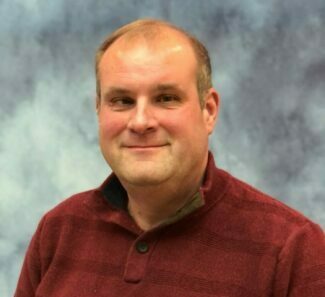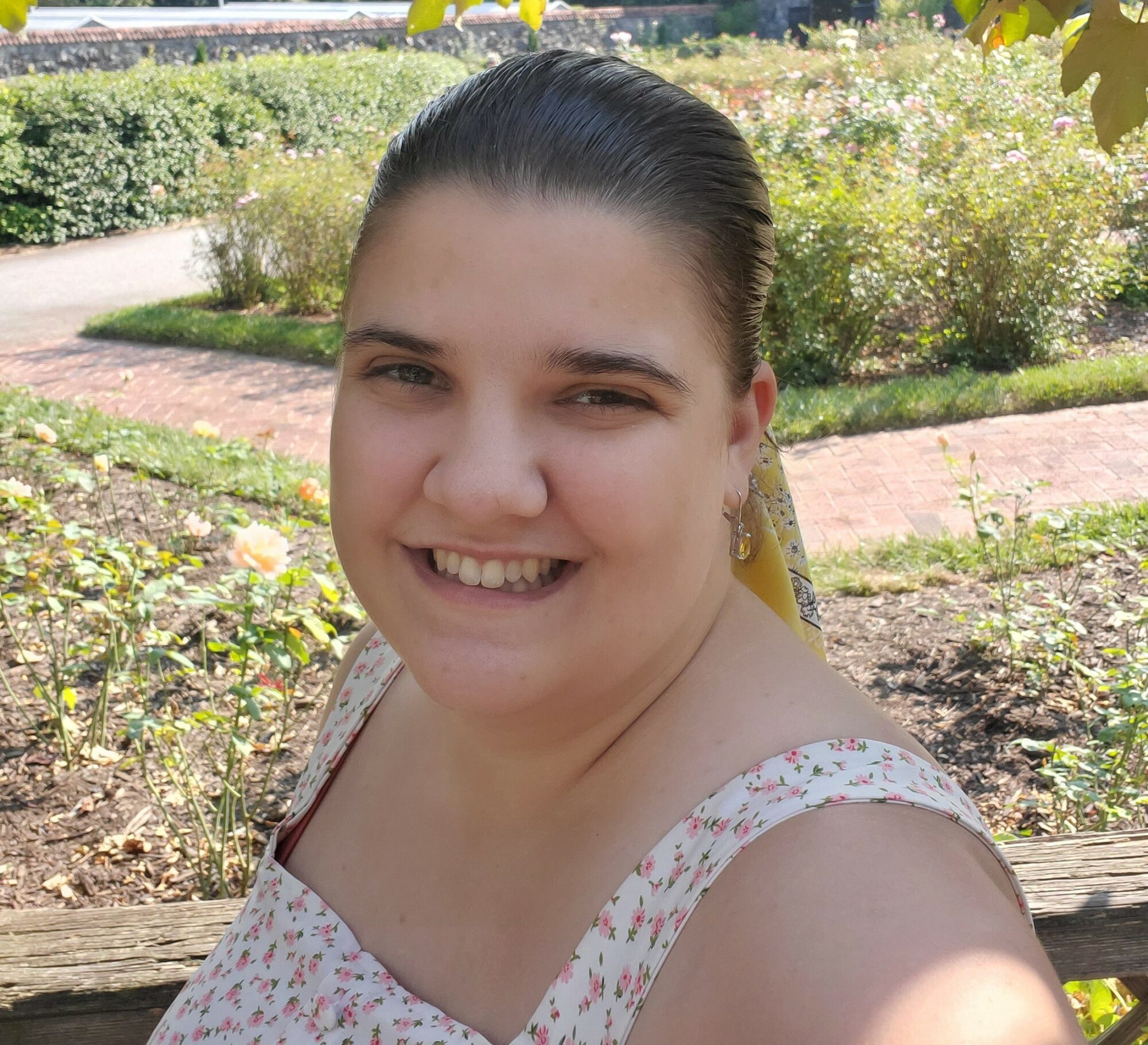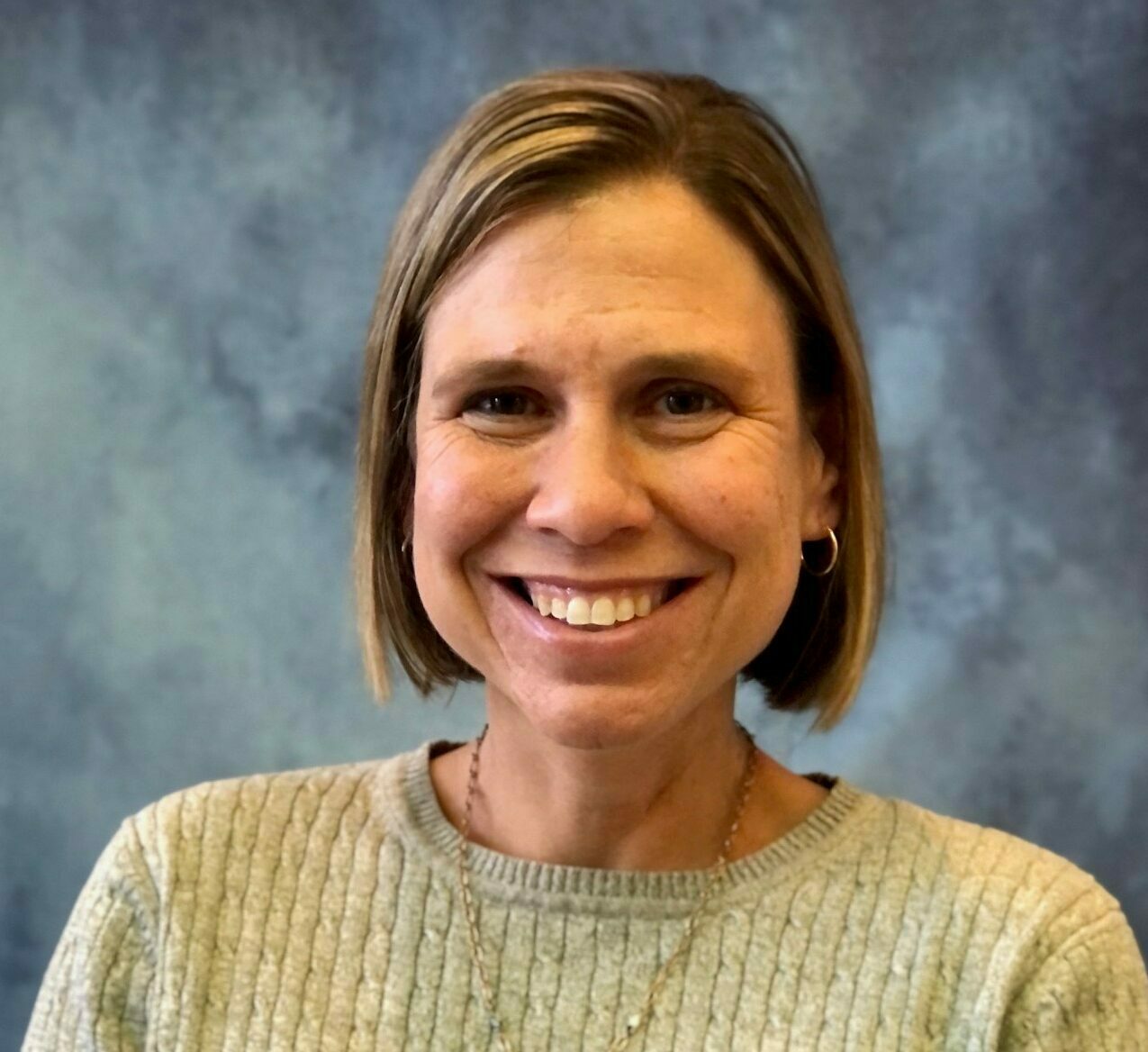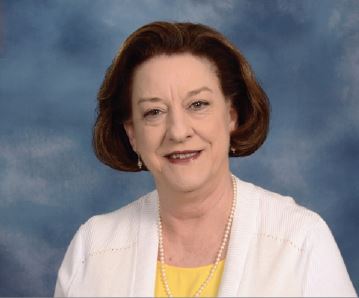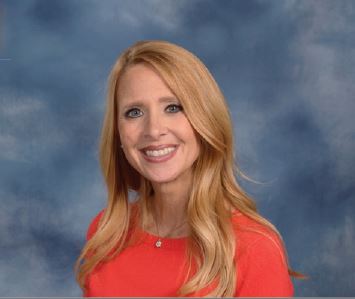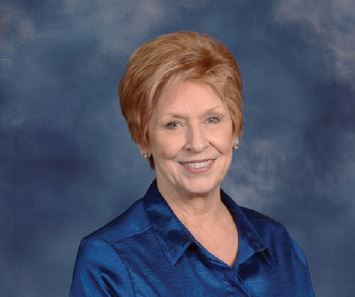Love. Love. Listen. Serve.
Our slogan is a shorthand reminder of the calling we have as Christians to daily live our faith. It’s based on scripture and Bethesda’s church mission: By God’s grace, to make disciples of Jesus Christ through a loving community of faith and service. It captures both the great commandment and the challenge of living daily in a relationship with Christ.
The repetition of the word “Love” comes from Christ’s command to “Love God with all your heart, soul, mind and body,” and to “Love your neighbor as yourself.” (Matthew 22:37-39)
The word “Listen” reminds us to both seek God’s guidance each day in prayer, and to be mindful of the hurts and needs of the world by listening to those about us. “For all who are led by the Spirit of God are children of God.” (Romans 8:14)
Service is central to the Christian life and is how we live out our baptismal and membership vows. “As each has received a gift, use it to serve one another, as good stewards of God’s varied grace.” (1 Peter 4:10) Following Jesus’ example our service is based not on outcome, but on faithfulness, and the opportunity to demonstrate God’s love.
Love God with all you are.
Love your neighbor as yourself.
Listen to the leading of God’s Spirit.
Serve as Christ would serve.


